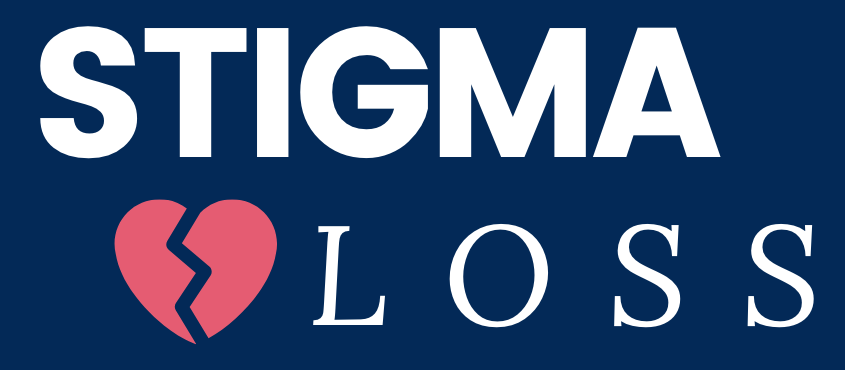A stigma loss is an interpersonal loss due to mental illness stigma.
The Stigma Loss Project collects stories of interpersonal losses due to mental illness stigma and shares resources to help people cope with the loss. The loss could be anything from a strained relationship to an estranged one.
What Is Stigma?
Stigma is a broad concept that includes both attitudes and behavior. A key part of the stigma process, is that members of society go from labeling a specific instance of behavior to labeling a person. That label is then attached to a series of assumptions, or “negative stereotypes,” about what a person with that label is like and will continue to be like. The most commonly endorsed negative stereotypes about mental illness include beliefs that the person is dangerous, unpredictable, incompetent, and unable to function in society.
How Does Stigma Affect Behavior?
When someone has attached negative stereotypes to a person’s label, it also often affects their behavior towards them. Community member behavioral expressions of stigma can take a variety of forms across a range of severity and included: microaggressions (or subtle discriminatory behaviors), social rejection (including the avoidance of social contact), discrimination, verbal harrassment/hate speech, and hate crimes. On this website, we focus on microggressions and social rejection, as they most likely to relate to interpersonal relationship
What Are Microaggressions?
Microaggressions are defined as subtle communications of prejudice toward individuals based upon membership in marginalized social groups, and include “communications that convey rudeness and insensitivity,” less overt forms of name calling, and “communications that exclude, negate, or nullify … psychological thoughts, feelings, or experiential reality.” Research supports that people with mental illness endorse experiencing a range of microaggressions, including: assumptions of inferiority (statements indicating that it was assumed that the person is not capable of doing what most people can do), patronization (dismissive statements including those suggesting that it is assumed that people with mental illness are child-like), and subtle behaviors indicating fear of mental illness. Research also supports that community members endorse a general willingness to engage in these types of microaggressions, most likely because they are unaware that they are upsetting. See this blog post for a more detailed discussion of mental illness microaggressions: https://www.psychologytoday.com/us/blog/written/201808/what-is-mental-illness-microaggression
What Is Social Rejection?
Social rejection includes more active efforts to avoid interacting with a prior friend or acquaintance who has a mental illness. A number of studies have examined the extent to which people with mental illnesses self-report having been socially rejected. The most comprehensive, conducted by Graham Thornicroft and colleagues for the World Psychiatric Association Global Programme Against Stigma, found that 47% of people diagnosed with schizophrenia endorsed being “discriminated” against in friendships because of mental illness. A substudy from this larger project examined the specific types of rejections people had experienced, and found that the most dominant theme was of being “shunned” by friends and neighbors. Research also supports that many community members endorse a willingness to socially reject a hypothetical person with a mental illness: studies in the United States consistently find that roughly 25% of community members indicate that that they would not be willing to continue a friendship with someone with a mental illness.
How Does The Stigma Loss Project Help?
Most people diagnosed with mental illness experience a combination of support and rejection from friends and family. A large survey conducted by researcher Otto Wahl on the stigma experiences of people with mental illnesses in the United States, found that 60% of the sample endorsed that they had been shunned or avoided because of their mental illness at least “sometimes,” more than 80% also endorsed that friends had at least “sometimes” been supportive.
The experience of microaggressions and the loss of specific intimate relationships can be quite painful. In addition, rejection experiences can lead people to keep their mental illness diagnosis a secret and avoid much social contact based on fears of “getting burned.” Although developing anti-stigma programs to change community member attitudes and behavior are important (see https://www.psychologytoday.com/us/blog/written/202101/is-it-time-us-anti-stigma-campaign ), we also believe that having the opportunity to share stories and support from others can help people move on from stigma loss experiences.

